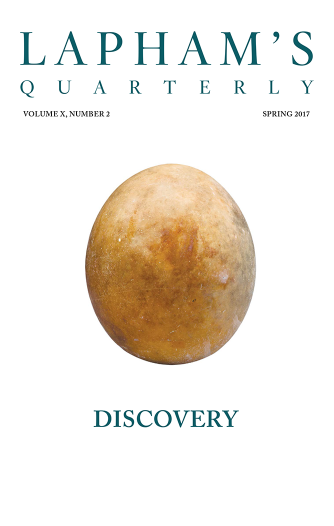The conception of the morbid and degenerative character of genius is confirmed and completed more and more when its isolated phenomena are subjected to a more rigorous examination and, as in chemical reactions, to mutual contact.
If, in fact, we analyze the lives and works of those great diseased minds that have become famous in history, we find that they can at once be distinguished by many characteristic traits from the average man and also, in part, from other geniuses who have completed their life’s orbit without trace of madness.
Genius is conscious of itself, appreciates itself, and certainly has no monkish humility. Sometimes geniuses change their career and course of study several times in succession, as though the mighty intellect could not find rest and relief in a single science.
These energetic and terrible intellects are the true pioneers of science; they rush forward regardless of danger, facing with eagerness the greatest difficulties—perhaps because it is these that best satisfy their morbid energy. They seize the strangest connections, the newest and most salient points; and here I may mention that originality, carried to the point of absurdity, is the principal characteristic of insane poets and artists.
The principal trace of the delusions of great minds is found in the very construction of their works and speeches, in their illogical deductions, absurd contradictions, and grotesque and inhuman fantasies. Thus Socrates was clearly of unsound mind when, after having all but arrived intuitively at Christian morality and Judaic monotheism, he directed his steps in accordance with a sneeze, or the voice and signs of his imaginary genius.
The temper of these men is so different from that of average people that it gives a special character to the different psychoses (melancholia, monomania, etc.) from which they suffer, so as to constitute a special psychosis, which might be called the psychosis of genius.
From The Man of Genius. While in Russia in 1897 for a medical congress, the psychiatrist and anthropologist traveled to the home of Leo Tolstoy to assess his ideas about madness and genius with respect to the writer. Lombroso shared his views on the degeneracy of criminals; Tolstoy erupted, “All this is nonsense! All punishment is criminal!” Tolstoy later reflected on Lombroso’s philosophy in his diary. “All this is an absolute misery,” he wrote, “of thought, of concept, and of sensitivity.”
Back to Issue

